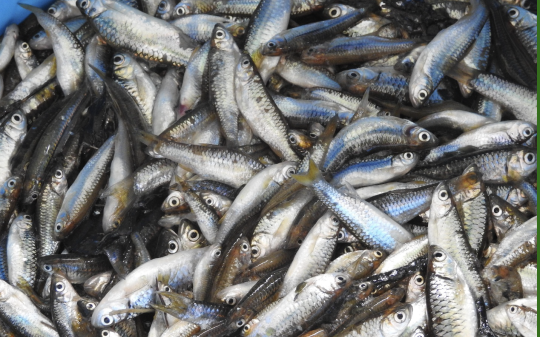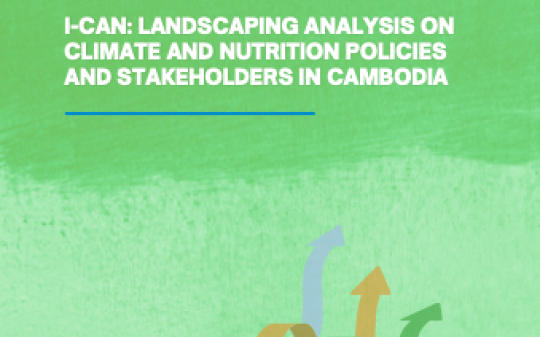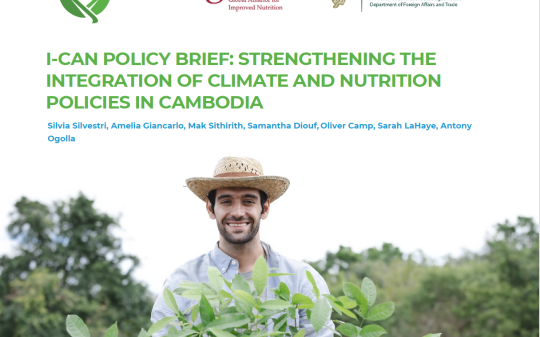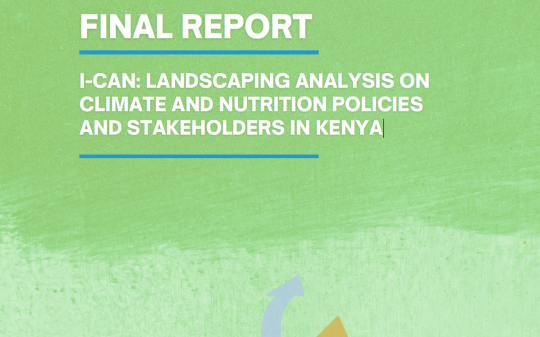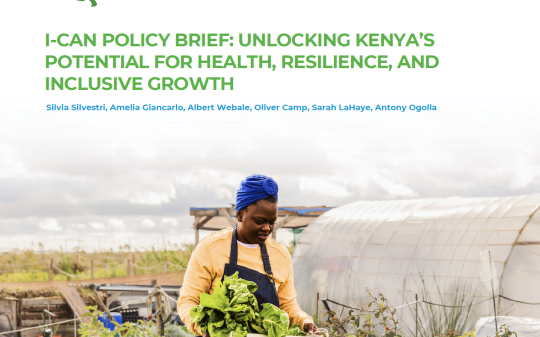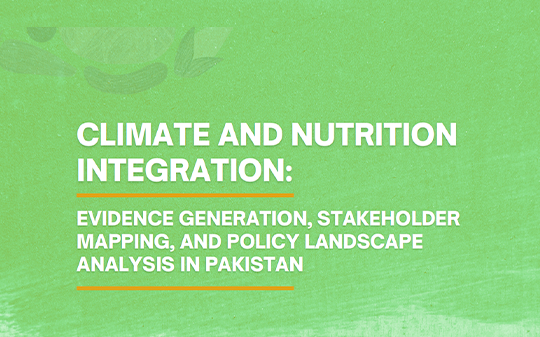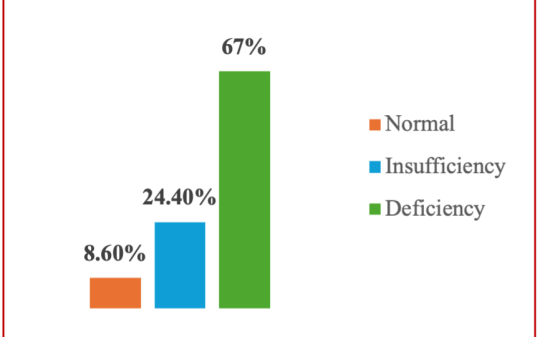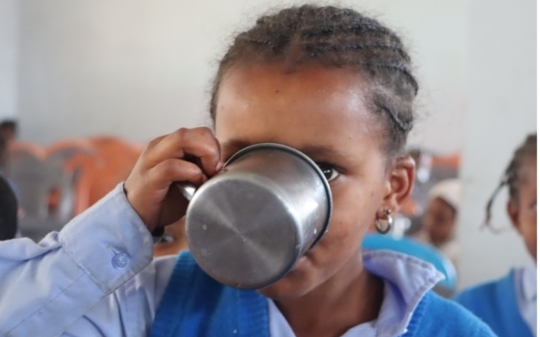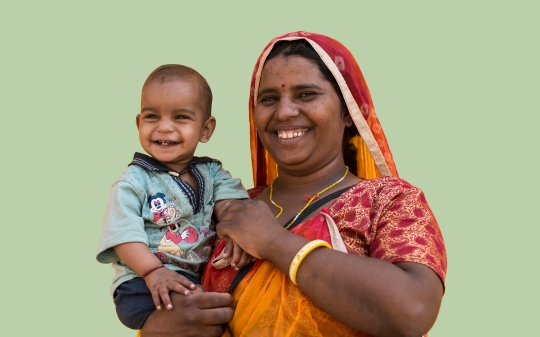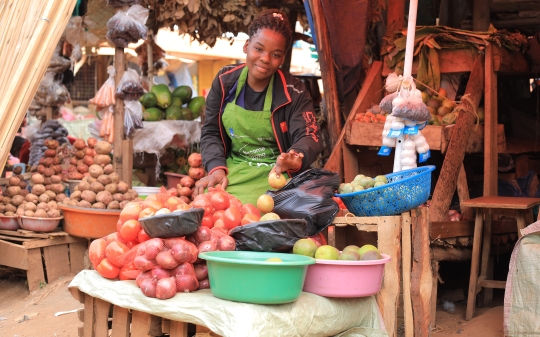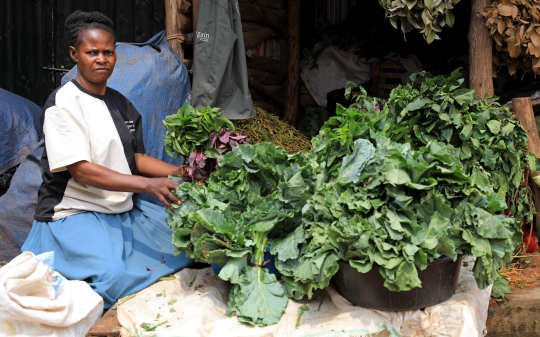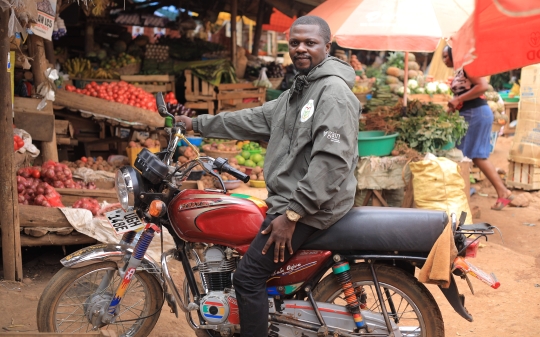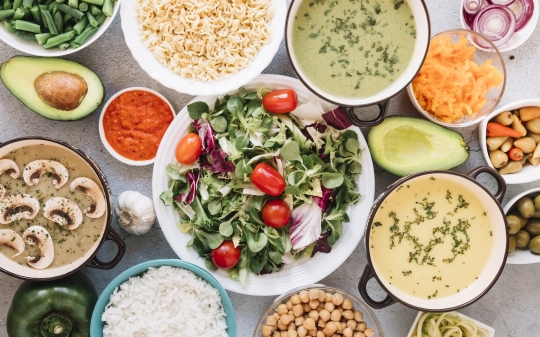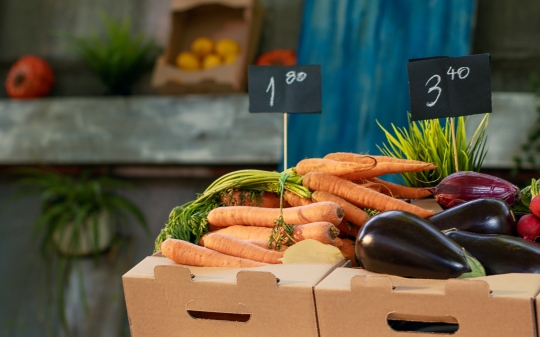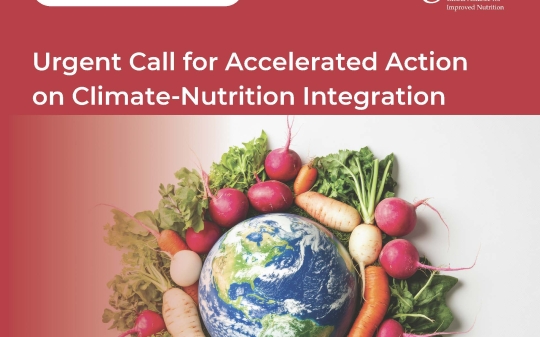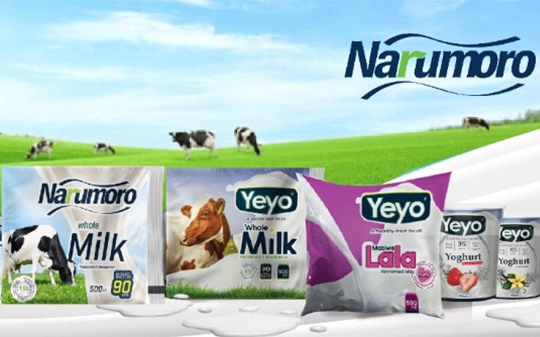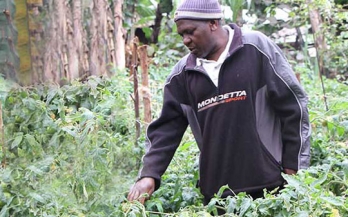


Sustainability of market-based community distribution of Sprinkles in western Kenya
- 20/11/2012
This study evaluated the sustainability of market-based community distribution of micronutrient powders (Sprinkles®, Hexagon Nutrition, Mumbai, India) among pre-school children in Kenya.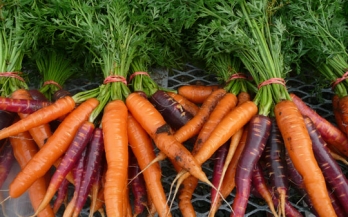
Investment opportunities in nutrition foods values chains in Kenya and Tanzania
- 01/01/2018
This project is part of a wider initiative at GAIN on Innovative Finance and aims at assessing and sizing the financial needs of enterprises working along food value chains that could produce nutritious foods in Kenya and Tanzania with a particular focus on SMEs (small and medium sized enterprises) and food systems after the farm gate.
Case study: a multi-sector approach to giving young Kenyans a healthy start
- 15/01/2014
In 2012, GAIN joined forces with the Kenyan Ministry of Health, to increase the production and distribution of micronutrient powder sachets. This case study describes the approach taken and highlights the challenges, opportunities and lessons learned.Kenya
GAIN has been contributing to improving the nutritional status of Kenyans since 2010, with an initial focus on supporting the Government of Kenya to introduce the fortification of maize flour, wheat flour, and edible oils. Since then, we have diversified our programmatic work to integrate various efforts into a food system approach that links access and demand for nutritious safe food.
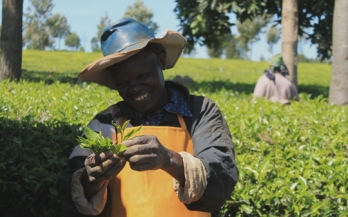
Baseline survey report on home fortification in Nairobi
- 06/03/2015
In Kenya, the Global Alliance for Improved Nutrition (GAIN) is implementing a project to reduce anaemia, iron deficiency and vitamin A deficiency through improved infant and young child feeding practices and MNP intake by integrating distribution of MNP in different existing platforms including: government health facilities and commercial distribution.
Building market-led approaches to food and nutrition security in Kenya
Every quarter, GAIN holds some Community of Practice workshops (CoP), which bring together representatives from private sector, government, and academia. These workshops are a key component of the GAIN Marketplace for Nutritious Foods programme in Kenya.
Assessment of consumption monitoring systems fortified and nutritious foods in the East, Central and Southern Africa (ECSA) region
- 01/11/2017
This report presents the results of that assessment and proposes a Consumption Monitoring and Surveillance Framework consisting of the various processes, phases, components, and domains that provide an enabling environment for this to happen.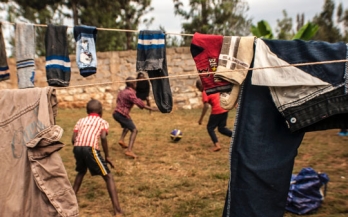
Focused ethnographic studies of infant and young child feeding in Kenya
- 01/05/2016
This monograph is devoted to presentation of the results from ethnographic studies of infant and young child feeding that were undertaken in five counties in Kenya – Vihiga, Kitui, Isiolo, Marsabit and Turkana – as part of a large project aimed at improving nutrition in these communities.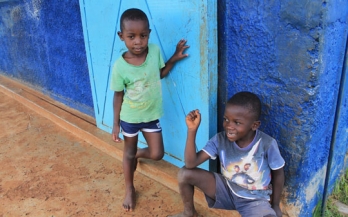
Feeding infants and young children in Kitui county, Kenya
- 01/01/2016
This policy brief summarises key results from a study designed to identify potential interventions to improve nutrition in infants and young children in Kitui County, Kenya. The study was commissioned to provide information necessary for the design of appropriate high-impact nutrition interventions in Kitui to improve nutritional outcomes at the household level.